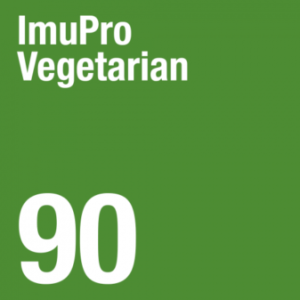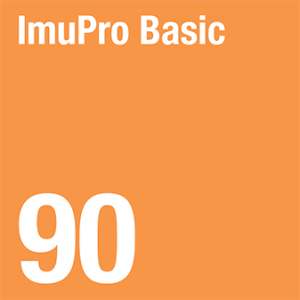Movie night with salty, buttered popcorn.
Mexican night with crunchy sweetcorn tacos.
BBQ night with chargrilled sweetcorn on the cob.
Sweetcorn is woven into many meals and social occasions, especially when you count its hidden presence in many sauces and condiments.
For some people, though, sweetcorn isn’t just a harmless staple. It can be the hidden trigger behind ongoing discomfort, from digestive issues to skin flare-ups.
What is a sweetcorn allergy?
A sweetcorn allergy (also referred to as maize allergy) occurs when the immune system reacts to proteins found in sweetcorn. For some, the reaction may be to fresh sweetcorn. For others, the allergen may come from processed sweetcorn products, which are widespread in modern diets.
While many people associate allergies with immediate reactions such as hives or swelling, some experience delayed food allergies where symptoms appear hours or even days after eating sweetcorn. These delayed reactions are linked to the immune system’s production of IgG antibodies and can be assessed through specialised testing.
Signs and symptoms
A sweetcorn allergy can cause a wide range of delayed symptoms that vary in type and intensity from person to person.
Delayed sweetcorn allergy symptoms may include:
- Digestive discomfort such as bloating, abdominal pain or diarrhoea
- Skin issues, including eczema flare-ups or rashes
- Joint pain or generalised inflammation
- Fatigue or brain fog
- Headaches or migraines
Because delayed food allergy reactions can take time to develop, it can be difficult to connect symptoms to a specific food without accurate testing.
Who is affected?
Although allergy to sweetcorn is less common than wheat or dairy sensitivities, it can affect people of any age. In some cases, sweetcorn allergy appears in childhood, while in others it may develop later in life.
You may be at higher risk if you already have other food intolerances or conditions such as:
- Irritable bowel syndrome (IBS)
- Eczema
- Chronic headaches
Foods to avoid
If you are affected by sweetcorn, then you need to remove it from your diet. One of the challenges of managing a sweetcorn maize allergy is that sweetcorn is used in many everyday foods and additives. It is important to read ingredient labels carefully and be aware of the less obvious sources.
Common items that may contain sweetcorn include:
- Fresh and canned sweetcorn
- Cornmeal and polenta
- Popcorn
- Cornflour and cornstarch (often used in sauces and baked goods)
- Multigrain bread
- Snack foods such as corn chips and taco shells
- Breakfast cereals containing sweetcorn.
People with a sweetcorn allergy should also be aware that sweetcorn derivatives may appear in processed foods under different names.

Testing for sweetcorn allergies
If you suspect you have a sweetcorn allergy or are experiencing sweetcorn allergy reactions, then it’s important to find out so you can make informed decisions about your diet.
ImuPro provides a simple and reliable way to identify delayed IgG-mediated food allergies, including reactions to sweetcorn. Our blood test measures your body’s immune response to a wide range of foods, including sweetcorn, and delivers a detailed report with personalised dietary guidance.
Several ImuPro tests include maize/sweetcorn assessments, including:
Once you know if sweetcorn is indeed an issue, you can adjust your diet accordingly to ease your symptoms, without unnecessarily avoiding foods that are not causing a reaction.
Disclaimer
All information is general and not intended as a substitute for professional advice.
References
- Healthline, Corn allergy: what are the symptoms? https://www.healthline.com/health/allergies/corn-allergy-symptoms, [Accessed 12 August 2025]
- WebMD, Corn allergies: what you should know, https://www.webmd.com/allergies/corn-allergies-facts, [Accessed 12 August 2025]





